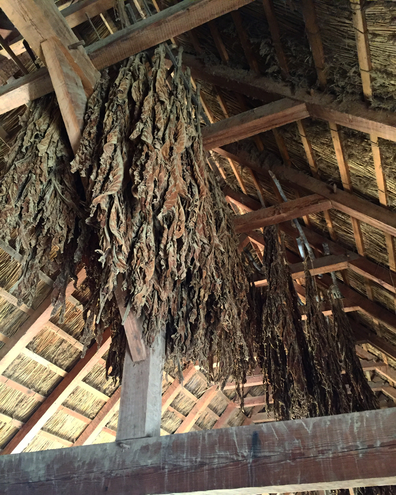 Sam Burnham, Curator @C_SamBurnham At the turn of the 20th Century, agriculture wasn’t just Georgia’s top industry, it was everything. While Georgia farmers grew food and other items for their own sustenance, money came from just a few products including cotton, turpentine, and tobacco. Georgians baled cotton, cat-faced pines, and hung tobacco leaves in rows in their tobacco barns. Later in that century boll weevils ate the cotton, the pulpwood industry made cat-facing obsolete, and various government policies shuttered tobacco barns. Georgians diversified. Peaches, pecans, peanuts, poultry, pulpwood, even some things that don’t start with P took the baton and ran with it. These days the boll weevils are mostly eradicated. Cotton has somewhat returned. Turpentine is likely gone forever and cat-facing will never return outside of history demonstrations or some hardcore hobbyists here and there. 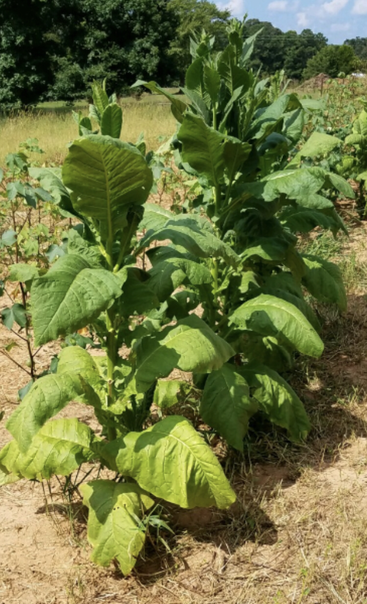 Virginia Gold Tobacco From Pearson's 2018 Test Crop Virginia Gold Tobacco From Pearson's 2018 Test Crop But down in west central Georgia a young man is trying something old. Meriwether County’s Blake Pearson is an agriculture student at ABAC and he’s applying some of his education and a lot of his love of the land, history, and tradition by putting tobacco back into the red earth of Georgia. Pearson says he wants to “show that old times aren’t forgotten in these busy times. That southern agriculture is still capable of being king instead of outsourcing products from other countries. I’ve seen sugar cane pressed by a mule, a steam powered cotton gin run, and a turpentine still produce turpentine from pine gum. That’s another thing you don’t see anymore and that’s turpentine farms.” I’ll let him get his tobacco crop going before I ask if he’s planning to start cat-facing pine trees. It will not be an easy task. Going to school full time in Tift County and growing cotton in Meriwether County means he will have to enlist the help of his parents who will tend the crops while Pearson is away at school. He’ll be tending them over the summer and on weekends. 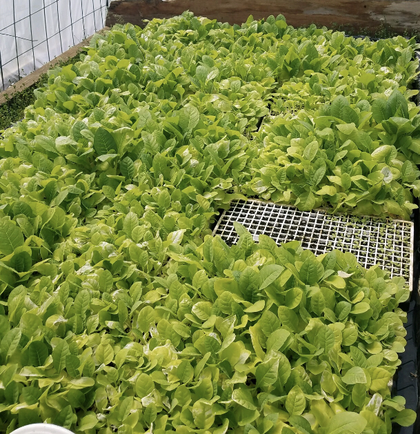 Shade & Burley Tobacco Plants Waiting For Easter Shade & Burley Tobacco Plants Waiting For Easter Pearson isn’t starting huge. He’s not coupled with Philip Morris or some huge agribusiness firm. He’s doing this the old way. He’s starting with what one man can do and he’s going from there. “I’m currently in the process of planting 1.5 acres. I’ll be transplanting over Easter weekend. All 5,760 plants. With that, I should have a crop of roughly 1500 pounds of dried tobacco.” A small start up farm is best suited to partner with a small start up business. So Pearson is teaming up with our new friends at Southern Tab and together they plan to produce a cigar that’s not only Southern made, but Georgia made, from seed to smoke. That will be hard, if not impossible, to find anywhere else. Plus, a small farm and a small business working together means neither is taken advantage of by big business. Neither is reduced to an account number. Handshakes and first names seal deals instead of long distance phone calls and emails from people who’ve never had dirty hands. It’s business like business should be done. I’m keeping an eye on Blake Pearson and Southern Tab. I’m sure we'll be talking more about them before too much longer. In the meantime, you can follow along with them both on Instagram here and here.
0 Comments
Leave a Reply. |
Sam B.Historian, self-proclaimed gentleman, agrarian-at-heart, & curator extraordinaire Social MediaCategories
All
Archives
November 2022
|
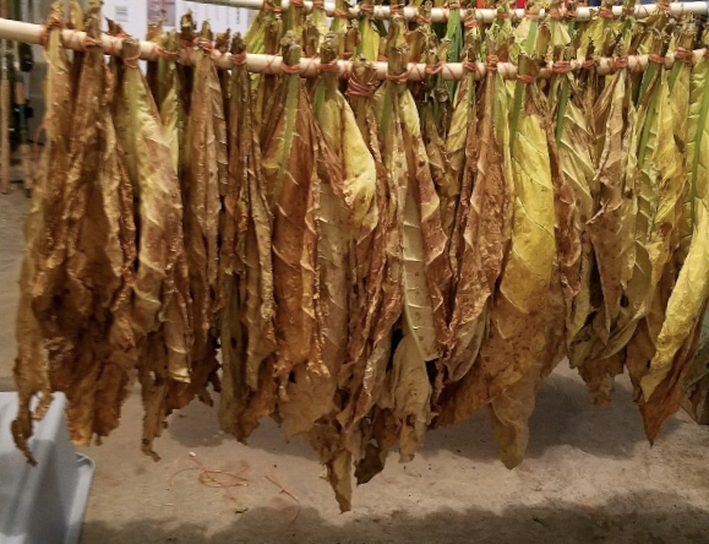
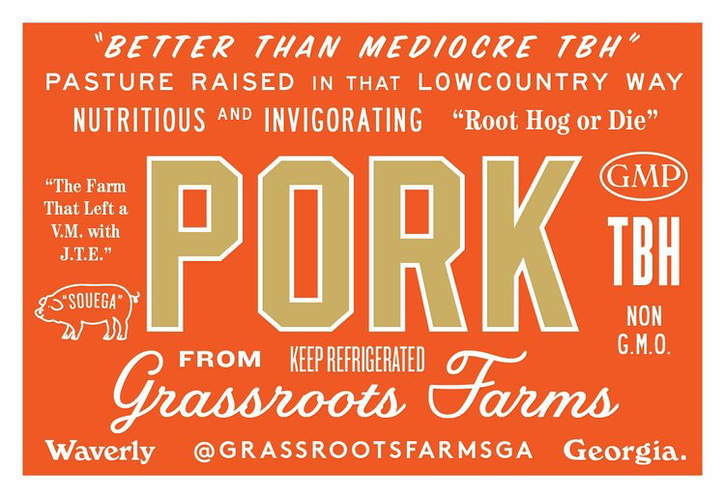




 RSS Feed
RSS Feed
